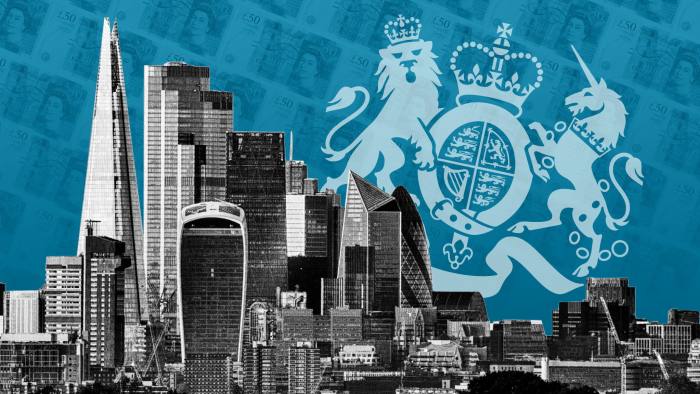
Financial Conduct Authority enforcement activity appears to have been increasing in recent years. For example, the FCA imposed £568mn in fines in 2021, compared with around £192mn in 2020.
The FCA’s objectives include protecting consumers, ensuring the integrity of the UK financial system and promoting effective competition, to ensure that markets function well.
It has extensive powers to investigate companies and individuals for matters including breaches of FCA rules (for example, failure to conduct business with due care and skill, or appropriate systems and controls), insider dealing, market manipulation and other forms of market abuse, breaches of anti-money laundering rules, mis-selling and infringements of competition law.
The ramifications of an FCA investigation can be extremely serious for any business and it is essential to proceed with the utmost care and appropriate legal advice.
The FCA has a range of tools to gather information and investigate. These include powers to require companies and individuals to produce information and documents, compel individuals to attend interviews, and appoint (or require a company to appoint) a third-party ‘skilled person’ to undertake an investigative, monitoring or remedial review (at the company’s expense).
The FCA can also carry out ‘dawn raids’ (that is, unannounced visits to a company’s premises to search for information).
Where it identifies breaches, the FCA can impose stringent sanctions and penalties, including public censures, unlimited financial penalties, and suspensions, restrictions and disciplinary prohibitions on companies and individuals.
Initial stages of an investigation
An investigation may originate in several ways. First, the FCA will generally appoint investigators and (unless it could prejudice the investigation) send a notice and Memorandum of Appointment of Investigators to the relevant business or individual.
On receiving this, the key points to analyse will be the outline reasons for the appointment, the relevant period and the specific breaches under investigation.
This will often be followed by ‘scoping discussions’ between the investigators and the target of the investigation. The aim of these discussions is to indicate the nature of, and reasons for the FCA’s concerns, the scope of the investigation, the likely timing of key milestones and the types of documents and individuals to which the FCA will require access.
In practice, it is often difficult for the FCA to impart much specific information at these meetings, but they can provide an important opportunity for an investigation subject to acquire potentially valuable information at an early stage.
Companies should also consider whether it would be appropriate to conduct an internal investigation in relation to the issue(s) identified by the FCA. If so, it will be important to engage carefully with the FCA to avoid prejudicing its investigation (for example, if an internal investigation could alert individuals suspected of wrongdoing).
Where companies or individuals identify problems, appropriate remedial action should be taken, without waiting for a FCA investigation to end. The FCA has indicated that it is likely to “give substantial credit to wrongdoers who speedily address wrongdoing”, when deciding on appropriate enforcement action.





